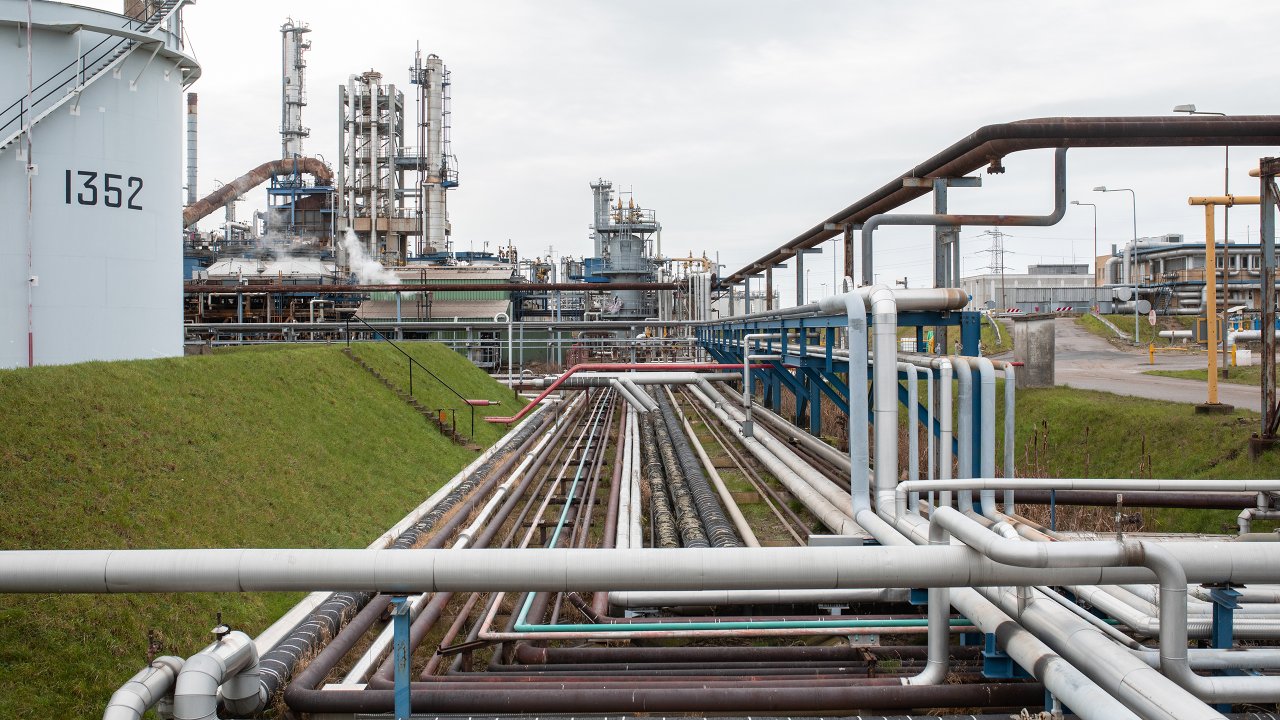Business News
We need N4tn to drive the gas expansion plan in 10 years – FG
According to the Federal Government, N4 trillion will be needed in 10 years to fund the gas expansion plan.

According to the Federal Government, N4 trillion will be needed in 10 years to fund the gas expansion plan.
The Nigeria Upstream Petroleum Regulatory Commission’s report on “Nigeria’s Cretaceous Basins: The Potentials for Gas,” the amount would be required for incremental investments from 2021 to 2060 in order to attain net zero by that year.
According to a breakdown of the N4tn, the proposal would cost an additional N2.7tn ($6bn) for the implementation of “carbon capture and storage” in refining and then an additional N1.9tn ($4bn) for gas growth.
The strategy would only require a small additional capital investment over and above normal spending, according to the document, because of the declining oil industry despite rising gas prices.
However, according to FG, operational expense savings are anticipated as a result of efficiency enhancements included in the transition plan.
The Federal Government’s energy transition plan includes a plan for gas growth in order to fulfill its 2060 net zero United Nations goal.
In order to meet its commitment to the country’s focused energy transition strategy and the global fight against climate change, the government had previously stated that it would require a total of N834 trillion ($1.9 trillion) to achieve net zero by 2060.
The Federal Government said that Nigeria would raise an initial $10 billion support package before the COP27 meeting held in Egypt last month in order to launch the execution of the ETP.
On the basis of ongoing national programs and initiatives that are specifically focused on the energy transition, it was also said that a $23 billion investment opportunity had been discovered.
According to a breakdown of the necessary expenditures by sector, $135 billion will be spent on infrastructure, $150 billion on power, $12 billion on oil and gas, $21 billion on the industry, $79 billion on food, and $12 billion on transportation.
According to FG, these industries were crucial sectors where emissions needed to be reduced because they were at a 65 percent high.
According to the report, the majority of the work will be required in the power sector, where an additional CAPEX is required to finance the power sector generation capacity, which is expected to cost $270 billion, and the transmission and distribution infrastructure, which will cost $135 billion and include electric chargers and gas T & D infrastructure.
The study states that significant fuel cost savings for electricity, taking into account the conversion to 90% renewable energy, will cost $121 billion to offset part of the increases in CAPEX.
According to the FG, the net-zero pathway would result in considerable net job creation, with up to 340 000 jobs produced by 2030 and up to 840 000 jobs created by 2060. These jobs will be primarily driven by the power, cooking, and transportation sectors.
The gas, namely in the power and cooking sectors, would be a crucial transition fuel in Nigeria’s net-zero pathway, according to the report. According to NUPRC, 213 gas blocks have been identified as part of the gas expansion strategy and are available for investment.
69 of the blocks were reportedly found in the Niger Delta basin, 12 in Anambra, 41 in the Benue Trough, 17 in Bida, 40 in Chad, 6 in Dahomey, and 28 in Sokoto, according to the paper.
Already, 60 gas basins are covered by the country’s oil prospecting licenses; 44 of them are in the Niger Delta, five are in Anambra, two are in the Benue Trough, six are in Chad, and three are in Dahomey.
READ MORE: Nigerian experts now dominate Nigeria’s oil and gas industry – NCDMB
